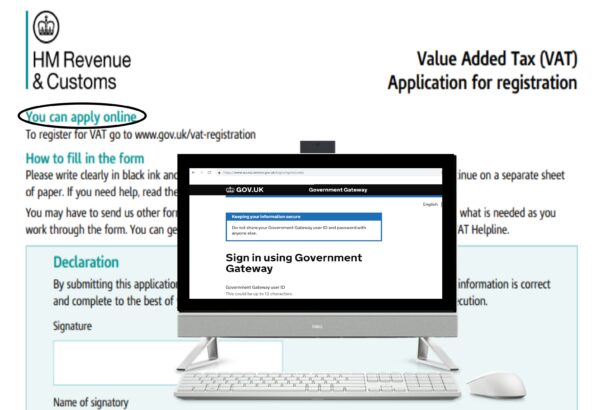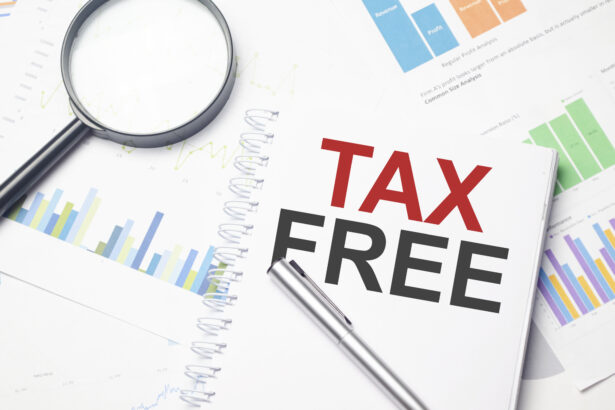Digital platforms : DAC7 & reporting obligations 2024

EU reporting requirements
Facing the end of the first DAC7 reportable period on December 31st, the digital platform operators must compile the quarterly collected EU-data from 2023 to be declared by 31/01/2024.
Inspired by the OECD, the EU Directive 2021/514 on Administrative Cooperation for Digital Platforms (DAC7) is an addition to the existing Council Directive 2011/16/EU related to the administrative cooperation in the taxation field.
Introduced on 22/03/2021 for ensuring better tax transparency in the digital economy in the EU and transposed (with some delays) in the national legislation of the EU member states, the new rule came into effect in January 2023, with the first annual declaration being due by January 31st, 2024.
This obligation concerns all EU digital platforms and some non-EU platforms facilitating activities of the EU sellers or operations with immovable property located in the EU (in absence of the administrative cooperation agreement).
The platform operators are obliged to collect and declare the seller’s information related to the following facilitated activities :
- Distance sale of goods
- Provision of personal services
- Rental of immovable property
- Rental of means of transport
The reportable information on the above supplies includes:
- Seller’s name, registered address, VAT number and Tax Identification number
- Seller’s bank account and its holder name
- Quarterly number of activities and total consideration paid or credited
- Quarterly fees, commissions or taxes withheld or charged by the Reporting Platform Operator
additionally, for the immovable property rentals :
- Property’s address and land registration number
- Rental’s quarterly duration (number of days) and its type
The declared data is collected by each member state & it’s automatically exchanged between the EU tax authorities (AEOI).
The platform operators must collect the data from the concerned sellers and verify their reliability. The registers proving the completion of the controls must be kept between 5 and 10 years (10 years in France).
The sellers not providing to the platform operators the information within 60 days can see their account closed (French transposal) or the payment of consideration blocked by the platform.
The non-compliant platform operators are exposed to penalties fixed by each Member state (a fixed fine limited to 50K€ applicable in France).
The annual DAC7 report can be performed on behalf of the platform operators by a third party.
The platform operators are still obliged to inform the sellers about their tax obligations and about the data collected from them & shared with the tax authorities.
Similiar requirements outside the EU
DAC7 finds its origin in the Model Reporting Rules for reporting of data by platform operators which was released by OECD in July 2020.
Therefore, the similar obligations are also (being) implemented in some non-EU countries, members of OECD.
This is for example the case of the UK which has been involved in the discussions and agreement of these model rules at the OECD back in 2020. UK is implementing the platforms’ reporting obligation starting from 2024, with the first declaration due in 2025.
Further upcoming obligations
DAC7 aims to reduce the VAT fraud within the EU & it will be reinforced by New Reporting Obligations for EU Financial Institutions, which are required to disclose some cross-border payment information to the Central Electronic System of Payment (CESOP) starting from April 2024, on a quarterly basis.
The collected data, after processing, will be put at the disposal of Member States’ anti-fraud experts to fight VAT fraud.
The digital platforms having their own in-house regulated payment service providers will be concerned by CESOP obligations as well.
Find more about CESOP in our next article on LinkedIn :





